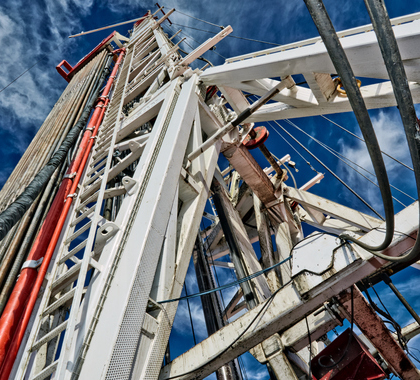Bill McKibben – a journalist, not a scientist – accurately identifies methane as being exceptionally good at capturing heat in Earth’s atmosphere. But his “the-sky-is-falling” analysis is based on cherry-picking data useful to his cause, selectively interpreting the results of other studies, ignoring contradicting data, and failing to acknowledge the real uncertainties in our understanding of how much methane is entering the atmosphere. In the end, methane emissions aren’t nearly as terrifying as McKibben claims.
This Heartland Institute Policy Study examines how methane emissions are measured, reports the affect those emissions may have on global warming, and discusses several falsehoods McKibben repeats from the discredited movie Gasland. It also considers what alternatives might be available to energy produced by fracking … and finds those alternatives wanting. The study also discusses the relatively small impact new methane emissions rules enacted by EPA will have on the global climate.
Author Isaac Orr, a research fellow with The Heartland Institute, concludes
The question of how much methane is being emitted by the oil and gas sector in the United States is largely unresolved at this time. The topic requires a serious discussion and attention to real solutions, neither of which appear in McKibben’s article.
In conclusion, the most terrifying aspect of McKibben’s piece is his biased selection of flawed supporting documentation and his disregard for the truth about fracking.




